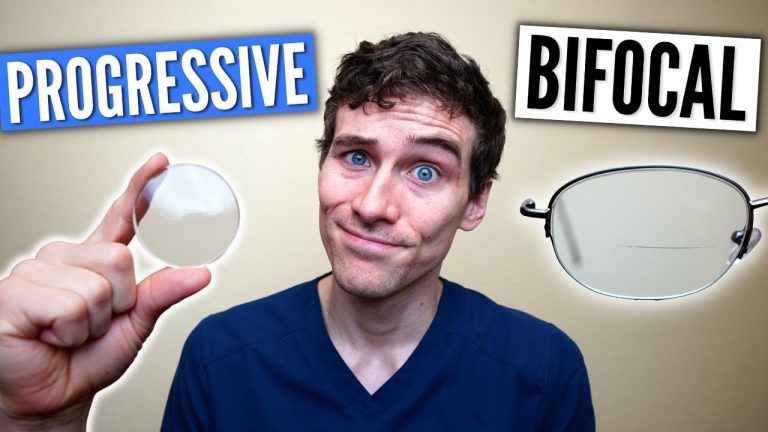How to Choose the Right Lens Material for Prescription Safety Glasses with Adjustable Bifocals
Introduction
Prescription safety glasses with adjustable bifocals are a must-have for anyone who needs both near and far vision correction while working in hazardous environments. However, choosing the right lens material for these glasses can be challenging. In this article, we’ll discuss the different lens materials available and how to choose the right one for your specific needs.
Polycarbonate Lenses
Polycarbonate lenses are a popular choice for safety glasses due to their durability and impact resistance. They are also thinner and lighter than most other lens materials, making them more comfortable to wear for long periods of time. Polycarbonate lenses are particularly useful for individuals who work in environments with high-impact hazards, such as construction sites, factories, or laboratories.
Trivex Lenses
Trivex lenses are another option for safety glasses that offer excellent impact resistance and clarity. They are similar to polycarbonate lenses in terms of durability, but they have a higher refractive index, which means they are clearer and less prone to distortion. Trivex lenses are a good choice for individuals who need precise vision correction and work in environments with moderate impact hazards.
High-Index Lenses
For individuals who need a strong prescription, high-index lenses may be a good choice. These lenses are thinner and lighter than conventional lenses, making them more comfortable to wear. They are also less prone to distortion, which improves visual accuracy. However, high-index lenses are not as impact-resistant as polycarbonate or Trivex lenses, so they may not be suitable for individuals who work in high-impact environments.
Conclusion
When choosing the right lens material for prescription safety glasses with adjustable bifocals, it’s important to consider your specific needs and work environment. Polycarbonate lenses are the best choice for individuals who work in high-impact environments, while Trivex lenses are a good choice for those who need precise vision correction. High-index lenses are ideal for individuals with strong prescriptions, but may not be suitable for high-impact work. By considering these factors, you can choose the right lens material for your prescription safety glasses with adjustable bifocals and ensure the best possible vision and protection.
Additional Tips:
- Make sure to get your safety glasses fitted properly by a professional eye doctor or optometrist.
- Regularly clean your safety glasses to maintain clarity and reduce the risk of eye strain and headaches.
- Consider additional features, such as anti-scratch or anti-fog coatings, to enhance the durability and usability of your safety glasses.
Most wanted in Hoya Vision:
What are prism eyeglass lenses?
Hoya Lens Engravings
What brand lenses does Costco use?
Do tinted glasses help with migraines?
What does +0.25 mean on an eye test?
Hoya Identification Chart
Should eyeglasses cover eyebrows?
What LED light is best for broken capillaries?
What is the difference between Ray Ban RB and Rx?
Does hyperopia worsen with age?
















